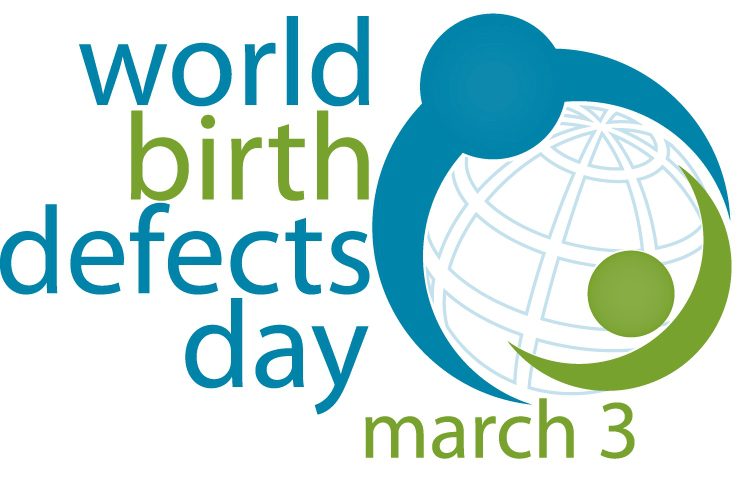Health Promotion Update No. 1 - Series 2014
Health Promotion and Advocacy Working Group
Health Promotion and Advocacy Working Group
News Release from the Office of Senator Pia S. Cayetano
Medical care for persons with rare disease sought
 |
| Senator Pia Cayetano (https://www.fb.com/officialpiacayetano) |
Under Sen. Pia’s bill, persons with rare disease to get better access to medical care
Senator Pia S. Cayetano is pushing for the passage of a bill that will mandate the government to assist persons with rare disease by increasing their access to medical treatment and drugs, and including them in the coverage of the Universal Health Care program.
Cayetano is urging support for her measure as the country marks National Rare Disease Week, which is commemorated every fourth week of Februatry, ahead of International Rare Disease Day on February 28.
Under Senate Bill No. 2098, or the ‘Rare Disease Act of 2014,’ the Department of Health (DOH) will be tasked to establish a National Rare Disease Registry which will include an inventory of rare diseases in the country, information on diagnosed patients, and a list of certified medicines and medical devices.
 |
| SB 2098 - An act promulgating a comprehensive policy in addressing the needs of persons with rare disease (Read the Full Text, pdf) |
A ‘rare disease’ affects less than one in every 20,000 individuals, according to Cayetano, adding that most cases manifest during childhood and are genetic in origin.
“The patients, mostly children, are chronically ill and suffer from pain and isolation throughout their life. Their families also have a hard time coping because treatment is very costly and not readily available in most medical facilities,” she explained.
She cited examples of rare disorders as follows: Gaucher Disease, Maple Syrup Urine Disease, Pompe Disease, Galactosemia, Phenylketonuria, Methylmalonic Acidemia, Urea Cycle Defects, Hurler Syndrome, Hunter Syndrome, Prader-Willi Syndrome, Edward Syndrome and Patau Syndrome.
In 2001, Cayetano lost her youngest child Gabriel from complications of a rare congenital disease called trisomy 13, also known as Patau Syndrome.
“The pain of seeing the suffering of one’s own child is so incomparable that parents would be willing to do anything to save their child’s life. Poor families caring for a family member with a rare disease would have no fighting chance, however, since they do not have access to quality and affordable medical care.”
She noted that the Institute of Human Genetics based in the University of the Philippines in Manila identified 41 rare diseases affecting 300 diagnosed patients in the country. But it is possible that many more patients remain undiagnosed due to lack of research and facilities for these rare ailments.
She added that the number of diagnosed patients could rise with the upcoming expansion of the government’s newborn screening program beginning this year, which would cover 28 rare disorders.
Under SBN 2098, patients suspected or diagnosed with rare disease will be referred to Regional Newborn Screening Centers, which will then coordinate with the DOH and concerned medical facilities for the ‘co-management’ of the patient with a specialist.
The bill likewise recommends the inclusion of rare disease treatment in the health benefit package of the Philippine Health Insurance Corporation (PhilHealth). Additionally, medical drugs and devices used for treating rare diseases will be certified by the Food and Drugs Administration (FDA) to facilitate the public’s access to these products.
Cayetano added that awareness about rare disorders remains very low, thus her bill also seeks to enhance public education and information campaigns on rare diseases through the DOH.












